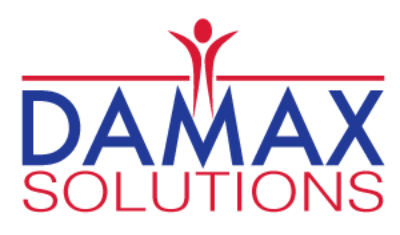The Tanzania national youth policy 2007 states, many youths are engaged in sectors of agriculture, fishing, mining, animal husbandry and small-scale industries like carpentry and black smith, petty businesses like selling second-hand clothes, fruits and various foodstuffs. Despite the fact that these youth are self-employed they face a lot of problems in implementing their activities. Such problems include the lack of working capital, equipment and technical knowhow or necessary skills.
DAMAX has the expertise mapping of Income Generating Activities among different marginalized groups of youth in rural and peri-urban areas in Tanzania mainland. The specific focus of the assessment is to identify the type of Income Generating Activities, Income and expenditure analysis, competition analysis, market analysis, financial and economic analysis, risk assessment and review of raw materials.
Most of the youth especially in the urban areas are involved in the informal sector. The youth have not been graduating into formal sector activities because of poor technologies, low productivity, poor working conditions and poor linkages with the formal sector. As a result, this has perpetually continued to increase income poverty amongst the youth.
However, Youth who are in the rural areas face difficult working environment which led to most of them to migrate to the urban areas hoping to have a better life. Poor infrastructures, inadequate social services have contributed to this Problem. This trend has increased social crimes and youth uncertainty in urban areas.
DAMAX Solutions has supported clients to evaluate the implemented project to address child trafficking for domestic labor to reduce child trafficking and unsafe migration through increased awareness on child trafficking and unsafe migration among children, families, communities and the private sector. We used a cross-sectional mixed methodology assessment, deploying both quantitative and qualitative methods.
Quantitatively, structured interviews using questionnaires were conducted among caretakers and children who are vulnerable and victims of child trafficking and unsafe migration for domestic labor. Qualitatively, the evaluator utilized Focus Group Discussions (FGD), Key Informant Interview (KII) and In-Depth Interview (IDI) to gather data from law enforcers, project implementers, government workers and beneficiaries.
Working with youth, DAMAX have ample experience in recruiting and working with adolescents as project beneficiaries ensuring privacy and confidentiality, and research ethical considerations for minors are upheld.
